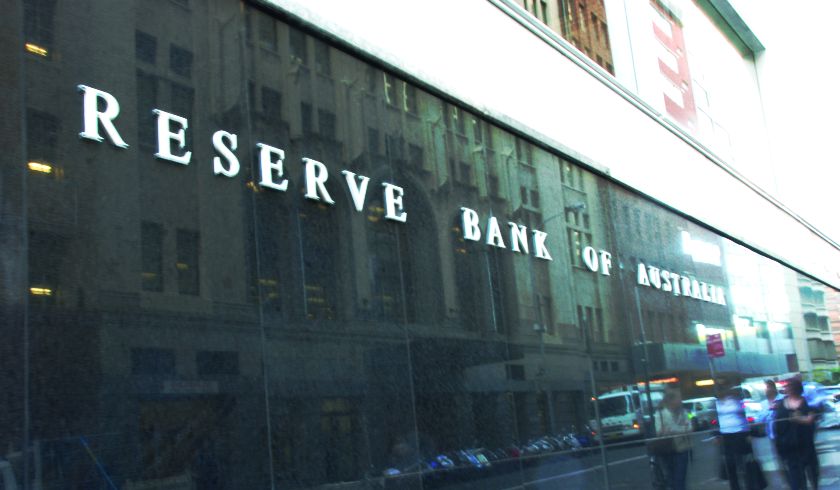What the RBA’s out-of-cycle cut means for property investors
With the Reserve Bank slashing the official cash rate out of cycle, what position does this put property investors in?

On Thursday, 19 March 2020, the RBA announced a 25 basis point reduction in the cash rate to a new historic low of 0.25 per cent.
The last time the RBA made a call out of cycle was 1997, painting the recent decision as a necessity as a way to respond to current economic uncertainty caused largely by the COVID-19 pandemic.
Commenting on the announcement, CoreLogic said: “Under normal circumstances, such an extraordinary move from the Reserve Bank might be greeted with renewed optimism towards housing market activity.”
“Research from the Reserve Bank points to an inverse relationship with changes to the cash rate and property prices; when interest rates fall, housing prices typically rise. This was a significant factor in the rapid value upswing in residential property from June 2019.
“However, the current situation of extreme uncertainty and economic fragility makes it difficult to expect housing market activity to lift against the historically low cost of debt.”
Buying v selling
CoreLogic noted that as the pandemic broadens, and the probability of an Australian recession increases, “consumer confidence is trending lower from an already weak position”.
“This will likely weigh on high commitment consumer spending decisions, such as buying or selling a home,” CoreLogic said, adding that the RBA’s decision is aimed at keeping the Aussie dollar low, ensuring borrowing costs are stimulatory for businesses and households, and helping to stabilise and capitalise credit markets.
Household debt
During its announcement, the RBA made clear that it will keep the cash rate at this new historic low until labour markets are moving towards full employment and inflation is tracking to be within the target range of 2-3 per cent.
“Considering that household debt levels are close to record highs, a material weakening in labour markets would likely see a substantial rise in mortgage arrears and distressed properties entering the market,” according to CoreLogic.
“We do not expect this latest move by the RBA will increase housing demand while confidence levels are so weak and uncertainty is extreme. However, in the long term we are expecting economic conditions will rebound from the pandemic-related slowdown through the second half of 2020.
“At this stage, the low interest rate setting, along with improving economic conditions, a rise in sentiment, and release of pent-up demand from buyers and sellers, should provide a more meaningful level of stimulus to the housing sector.
“For buyers who have the confidence and financial wellbeing to remain active in the housing market through this period of weakness, there could potentially be some good buying opportunities to secure properties at a competitive price and at ultra-low interest rates,” CoreLogic concluded.

